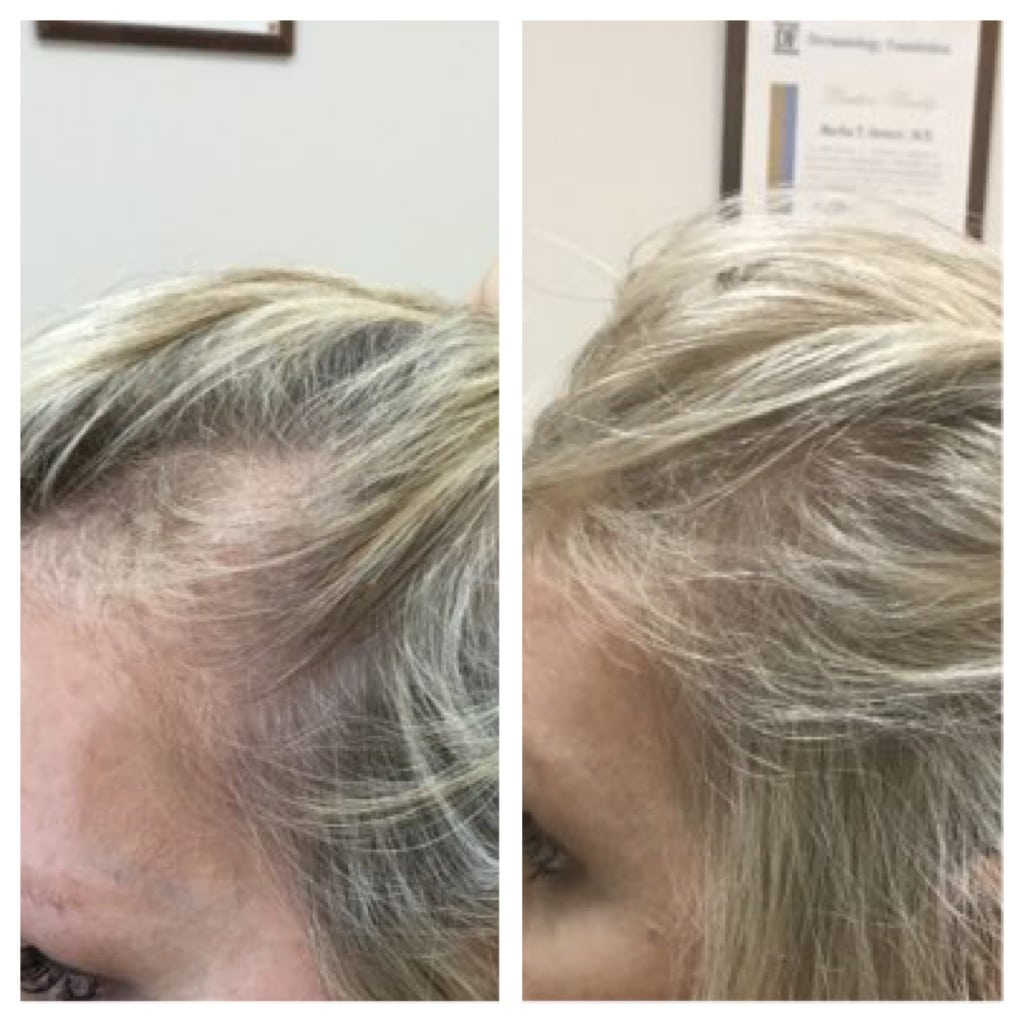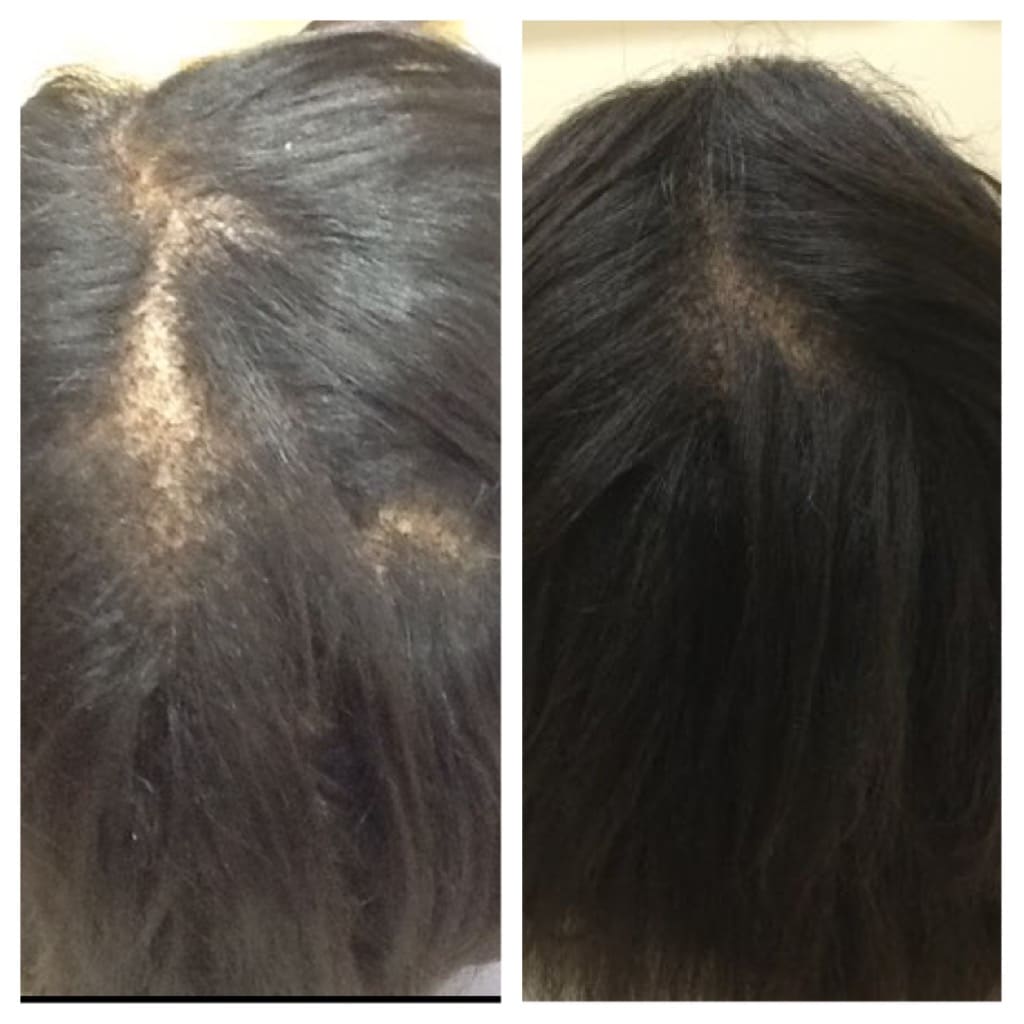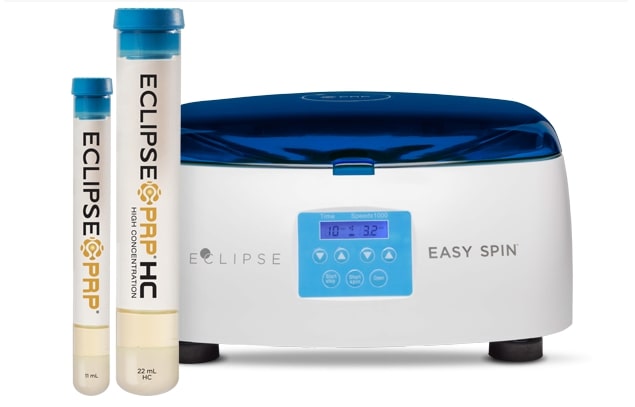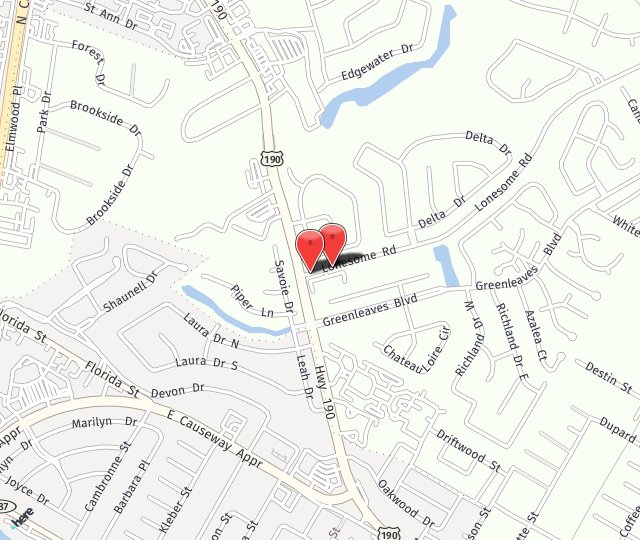What is PRP?
Autologous Platelet-Rich Plasma, also known as PRP, is a high concentration of your own platelets in a small volume of plasma.
Platelet-rich plasma is prepared by taking a small sample of your own blood, then separating the platelets from other blood components like red and white blood cells and blood plasma via a centrifugation machine . Next, the PRP is collected and can either be applied to the skin or injected into the skin. PRP can be used as an injectable or applied to the skin in combination with Micro-Needling or other procedures to deliver the growth factors to the dermis of the skin. Platelets carry several growth factors that will increase rebuilding of tissues by stimulating new collagen and blood vessel formation.
How is PRP harvested?
Step 1: Utilizing a specialized blood collection tube, a practitioner draws a small amount of blood similar to what is required for a basic lab test.
Step 2: The tube is then placed into a centrifuge which spins the blood at a very high speed, causing the platelets to separate from the other components of the blood.
Step 3: Once the platelets are concentrated into the plasma they can be applied to the skin or injected. Activation causes platelets to release essential growth factors and signaling proteins, which are responsible for the wound-healing process.
Transforming Growth Factor (TGF)
Promotes angiogenesis, which is the physiological process involving the synthesis of new blood vessels.
Vascular Endothelial Growth Factor (VEGF)
An important signaling protein involved in both angiogenesis, promoting the growth of blood vessels from pre-existing vasculature.
Fibroblast Growth Factor (FGF)
Promotes angiogenesis, granulation, and epithelialization.
Platelet-Derived Growth Factor (PDGF)
Attracts macrophages and fibroblasts to the application site. Promotes collagen growth and proteoglycan synthesis and the formation of the extracellular mix, also known as fibrin mesh.
Interleukins, Macrophages, Keratinocytes, Endothelial Cells, Lymphocytes, Fibroblasts, Osteoblasts, Basophils, Mast Cells
Activates fibroblast differentiation. Induces collagen and proteoglycan synthesis for healthy cell production and repair of damaged tissues.
Collagen Stimulating Growth Factor
Stimulates granulocyte and macrophage proliferation for the growth of healthy tissue and blood cells.
Keratinocyte Growth Factor (KGF)
Keratinocyte migration, differentiation, and proliferations may optimize conditions.
Treatment plans are based on your individual needs. When treating the scalp, most patients undergo a series of 3-4 treatments spaced a month apart followed by 1-2 maintenance treatments a year.





